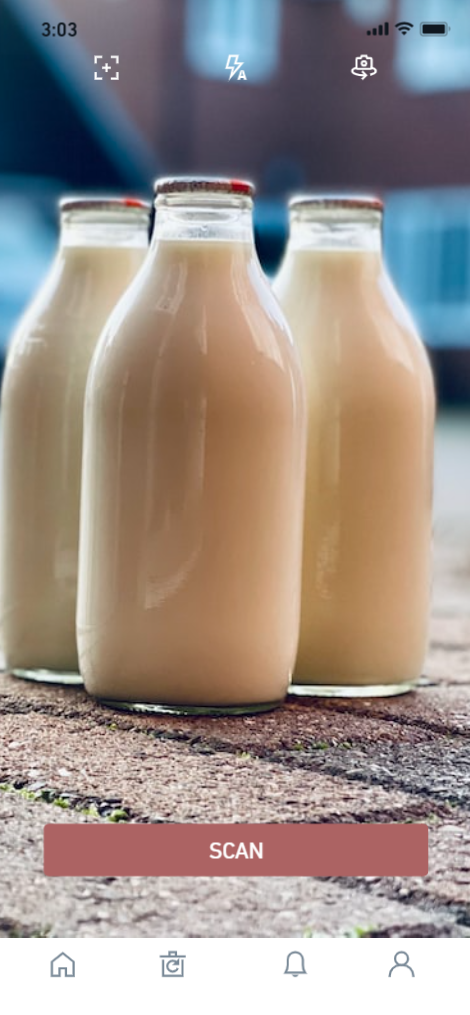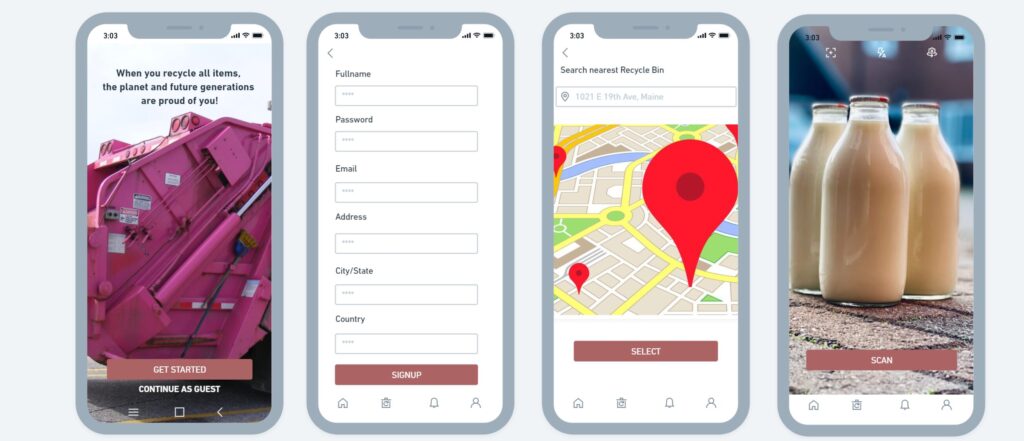
Due to the amount of waste developing countries produce which is not being processed, Africa is expected to have serious environmental issues come 2030. This is the reason sustainable development goals (SDGs) are being implemented by the UN across the continent.
Recycle Helper App was created to educate people especially those in low-income households on the proper disposal of waste and identifying recyclable items. This would help promote the informal sector of recycling, reuse, and repair which the people in these countries are used to doing.
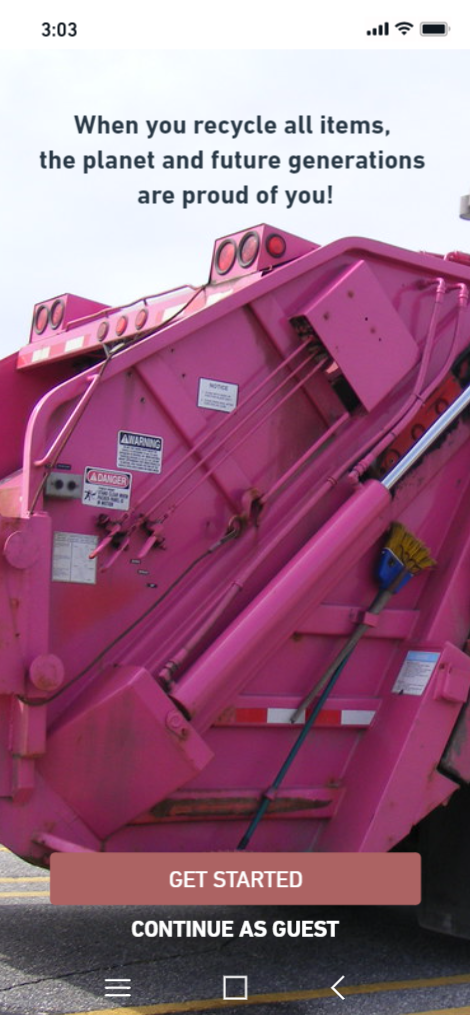
Methodology
The methodology employed for this generative research was interviewing through Google Forms followed by a quick chat via WhatsApp. Our audience was asked open-ended questions which helped lay the foundation for the application. Responses were gathered which were analyzed for similarities and differences.
The first thing I gathered from my analysis was the respondents had knowledge of recycling but were unable to engage in this practise. This inconvenience can be likened to a lack of recycling programs in their locality, no accountability for such activities and no policies put in place to enforce recycling, especially in residential locations.
Competitive Analysis
I conducted a competitive analysis of two top recycling companies in Nigeria. Competitor 1- Wecyclers This is a social project in Lagos, Nigeria which is focused on creating wealth and sustenance for low-income households. The company encourages recycling through point-based rewards and cash payments for waste pickers. Wecyclers also engages in beach clean-ups from time to time and educates school-age students on how to keep the planet clean by adopting some positive habits when disposing of waste. https://miro.com/app/board/uXjVPvDSVpY=/?share_link_id=596427823308
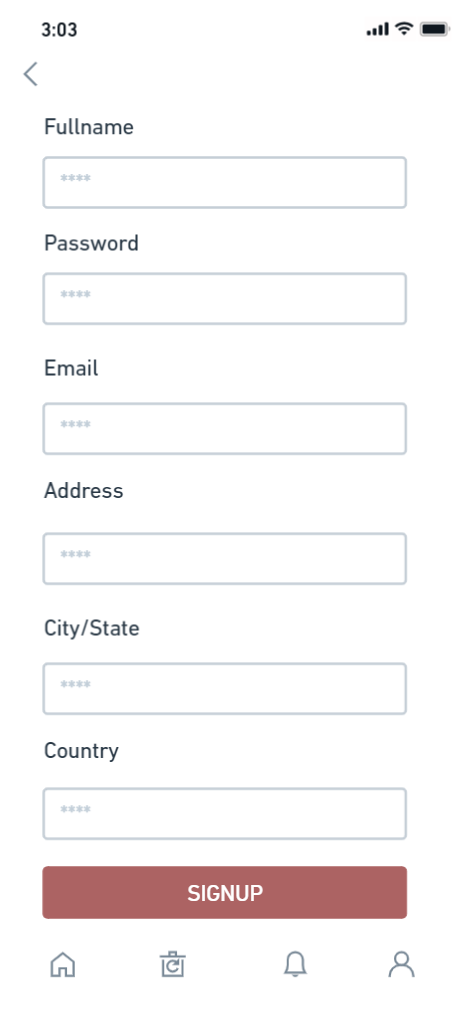
Competitor 2- Recycle Point They collaborate with engineers who understand the extent of damage which improper waste disposal continually does to the environment. This informed their decision to process these recyclable items through a reward system for those who bring recycling to the designated points. https://miro.com/app/board/uXjVPvBIxtc=/?share_link_id=114060518128
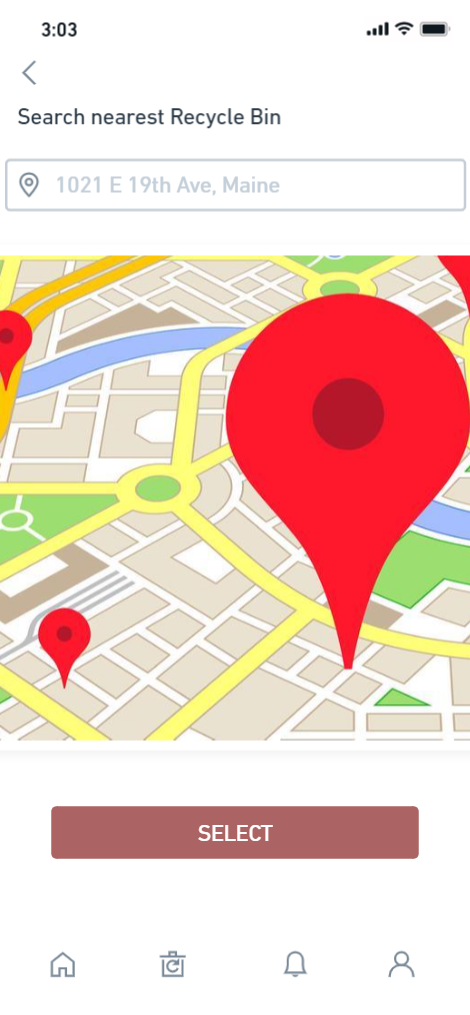
Secondary Research
Okey et al (2013) conducted a pilot study on solid waste characterization and management in Uyo, Nigeria. His results showed that most waste stream in the state has lots of valuable materials that could be recycled into new products. Some of these items included 65% compostable materials, 3% glass, 4% metal, 8% paper, 10% plastic and 7% others. This indicated an average of 30,000 tons of solid waste generated in the state in the year 2013. Another research carried out by Nzeadibe (2009) noted the need for the government to acknowledge and encourage informal waste recycling programs in Enugu, Nigeria. He proposed this due to the recycling career being lucrative if the rates for waste pickers are unified and standardized to encourage more people to adopt this career and alleviate poverty in society. This initiative would also ensure environmental issues are reduced by stopping the amounts of plastics that end up in landfills. This goes to support my view that a recycler helper app is a must-have for residents of Nigeria to ensure solid waste is processed rightly instead of having such end up as landfill and causing harm to our environment.
The results of my generative research done via interview were compared to existing studies done in Nigeria. The outcome reinforced the conviction for the creation of the Recycle Helper App which would be a step in the right direction in educating Nigerians on items to recycle. Also, help the government implement the buy-back policy of recycled materials by manufacturing companies.
